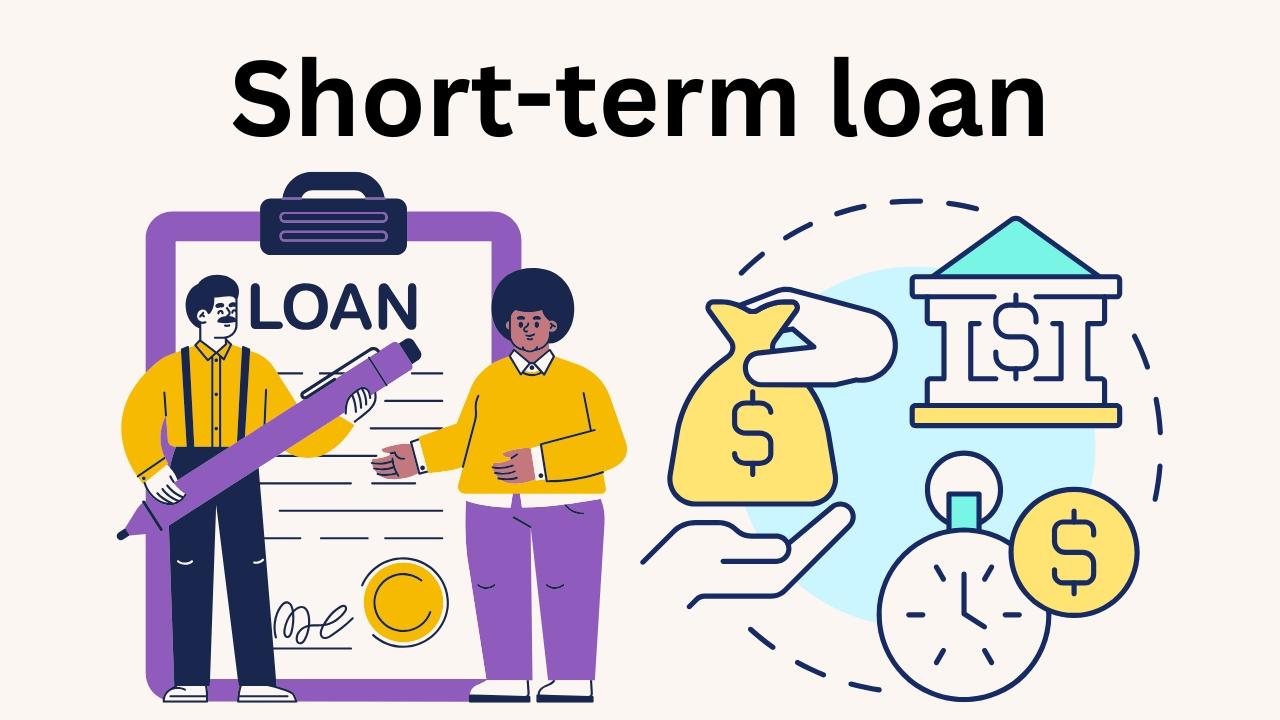Personal Loan: Your Ultimate Financial Solution

Financial stability can often seem elusive. Whether it's a medical emergency, home renovation, or an opportunity for personal growth, unexpected expenses can arise at any time. This is where a personal loan can be a game-changer. Flexible, accessible, and versatile, personal loans offer a lifeline for individuals needing immediate funds.
This article explores the essentials of personal loans, their benefits, and how to make informed decisions when applying for one. By the end, you'll have a clear understanding of why personal loans might be the perfect financial tool for you.
What is a Personal Loan?
A personal loan is a type of unsecured loan provided by banks, credit unions, or online lenders. Unlike secured loans, such as mortgages or auto loans, personal loans do not require collateral. Instead, lenders evaluate your creditworthiness based on your income, credit score, and other factors to approve the loan.
Key Features of Personal Loans
-
No Collateral Required: Borrowers are not required to pledge assets.
-
Fixed Loan Amounts: Typically range from a few hundred to tens of thousands of dollars.
-
Fixed Interest Rates: Most personal loans have a fixed interest rate, ensuring predictable monthly payments.
-
Flexible Usage: Funds can be used for various purposes, from debt consolidation to weddings.
Types of Personal Loans
1. Secured Personal Loans
While rare, some personal loans may require collateral, such as savings accounts or assets. These loans often have lower interest rates.
2. Unsecured Personal Loans
These are the most common type, requiring no collateral. Approval depends on your credit history and income.
3. Fixed-Rate Personal Loans
The interest rate remains constant throughout the loan term, making it easier to plan your budget.
4. Variable-Rate Personal Loans
The interest rate fluctuates based on market conditions. While initial rates may be lower, they can increase over time.
5. Debt Consolidation Loans
Specifically designed to merge multiple debts into a single loan with a lower interest rate.
Benefits of Personal Loans
1. Financial Flexibility
Personal loans can be used for a wide range of purposes, offering unmatched flexibility compared to other loans.
2. Predictable Payments
Fixed monthly payments simplify budgeting and financial planning.
3. Fast Approval Process
Many lenders provide quick approvals, sometimes within 24 hours.
4. Improve Credit Score
Making timely payments can boost your credit score.
5. Debt Consolidation
Combine high-interest debts into one manageable loan.
When Should You Consider a Personal Loan?
1. Emergency Expenses
Medical bills or urgent repairs may necessitate immediate funds.
2. Debt Consolidation
High-interest credit card debt can be consolidated at a lower rate.
3. Home Improvements
Upgrade your home without depleting your savings.
4. Major Purchases
Finance significant expenses like a wedding or a dream vacation.
5. Education or Skill Development
Invest in courses or certifications to advance your career.
How to Apply for a Personal Loan
Step 1: Assess Your Needs
Determine the exact amount you need and ensure you can afford the monthly payments.
Step 2: Check Your Credit Score
A higher credit score increases your chances of approval and better interest rates.
Step 3: Compare Lenders
Research banks, credit unions, and online lenders for the best terms.
Step 4: Prepare Documentation
Typical requirements include proof of income, identity, and address.
Step 5: Submit Application
Fill out the application form and provide the necessary documents. Online lenders often offer faster processing times.
Things to Consider Before Taking a Personal Loan
1. Interest Rates
Compare rates from multiple lenders to secure the best deal.
2. Repayment Terms
Choose terms that balance manageable monthly payments with a shorter repayment period.
3. Fees and Charges
Be aware of hidden fees, such as origination fees, late payment fees, or prepayment penalties.
4. Impact on Credit Score
Understand how taking on new debt might affect your credit score.
5. Loan Purpose
Ensure the loan aligns with your financial goals and needs.
Common Mistakes to Avoid
-
Ignoring Credit Score: Applying with a low credit score can lead to higher interest rates or rejection.
-
Borrowing More Than Needed: Over-borrowing can lead to unnecessary financial strain.
-
Overlooking Terms and Conditions: Always read the fine print to avoid surprises.
-
Missing Payments: Late payments can harm your credit score and incur penalties.
-
Not Shopping Around: Failing to compare lenders may result in unfavorable terms.
Conclusion
A personal loan can be a powerful financial tool when used wisely. Its versatility and accessibility make it an ideal solution for various financial needs. However, responsible borrowing is crucial to ensure that it enhances your financial health rather than hindering it.
Before applying for a personal loan, evaluate your needs, compare lenders, and understand the terms. By taking these steps, you can make informed decisions and leverage personal loans to achieve your financial goals.
- Art
- Causes
- Crafts
- Dance
- Drinks
- Film
- Fitness
- Food
- Games
- Gardening
- Health
- Home
- Literature
- Music
- Networking
- Other
- Party
- Religion
- Shopping
- Sports
- Theater
- Wellness


